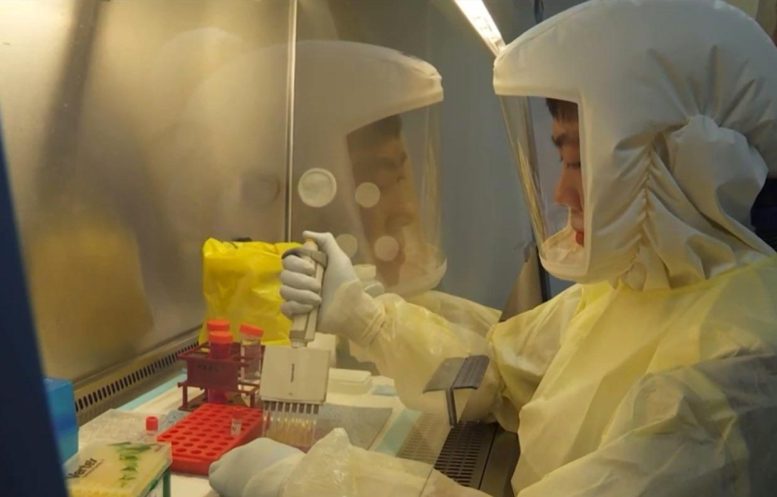
Researcher preparing SARS-CoV-2 samples for testing in BSL-3 Core Facility at NUS Medicine. Credit: NUS Yong Loo Lin School of Medicine
Researchers discovered P36-5D2, an antibody effective against major SARS-CoV-2 variants. It showed significant prophylactic effects in vivo, preventing severe disease and death, and reducing viral presence in critical organs.
In a study jointly conducted by the Bio-Safety Level 3 (BSL-3) Core Facility at the NUS Yong Loo Lin School of Medicine (NUS Medicine) and Beijing Tsinghua University, an antibody was found to be capable of neutralizing major SARS-CoV-2 variants of concern.
As SARS-CoV-2 variants continue to emerge and spread around the world, antibodies and vaccines to confer broad and potent neutralizing activity are urgently needed. The paper titled “A Potent and Protective Human Neutralizing Antibody Against SARS-CoV-2 Variants,” which was first published in Frontiers in Immunology in December 2021, explained how the team isolated and characterized monoclonal antibodies from individuals infected with SARS-CoV-2.
Detailed Analysis of Monoclonal Antibody
In the study, crystal and electron cryo-microscopy structure analyses revealed that P36-5D2, when targeted to a conserved epitope on the receptor-binding domain of the spike protein, withstood three key mutations. These mutations, namely K417N, E484K, and N501Y, are found in variants that escape from many potent neutralizing monoclonal antibodies.
A single intraperitoneal injection of P36-5D2 as a prophylactic treatment demonstrated protection of the in vivo models from severe disease in the course of an infection with SARS-CoV-2 Alpha and Beta variants. These models had normal activities and body weight and were devoid of infection-associated death for up to 14 days, and demonstrated a substantial decrease of the infectious virus in the lungs and brain, as well as reduced lung disease.
Implications for Future Therapies
The effects of P36-5D2 serve as an important reference for the development of antibody therapies against SARS-CoV-2 and its current and emerging variants. The team is conducting further research to study its effects of protection against the infection of the Delta and Omicron variants.
“The discovery of this antibody means we can be more confident in our fight against COVID-19 and its variants. With a strong and established collaboration within NUS Medicine and Beijing Tsinghua University, our scientists would be able to improve our technology to identify antibodies that can potentially treat more unknown variants that may come up in the future,” said Dr. Mok Chee Keng, Head, Science and Service Support Team, BSL-3 Core Facility at NUS Medicine.
Reference: “A Potent and Protective Human Neutralizing Antibody Against SARS-CoV-2 Variants” by Sisi Shan, Chee Keng Mok, Shuyuan Zhang, Jun Lan, Jizhou Li, Ziqing Yang, Ruoke Wang, Lin Cheng, Mengqi Fang, Zhen Qin Aw, Jinfang Yu, Qi Zhang, Xuanling Shi, Tong Zhang, Zheng Zhang, Jianbin Wang, Xinquan Wang, Justin Jang Hann Chu and Linqi Zhang, 13 December 2021, Frontiers in Immunology.
DOI: 10.3389/fimmu.2021.766821


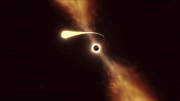
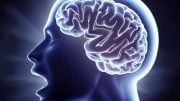
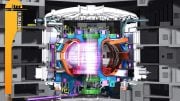
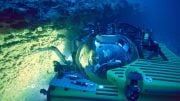


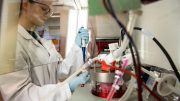
Be the first to comment on "Antibody From Recovered COVID-19 Patients Found To Substantially Reduce Severity of Disease"